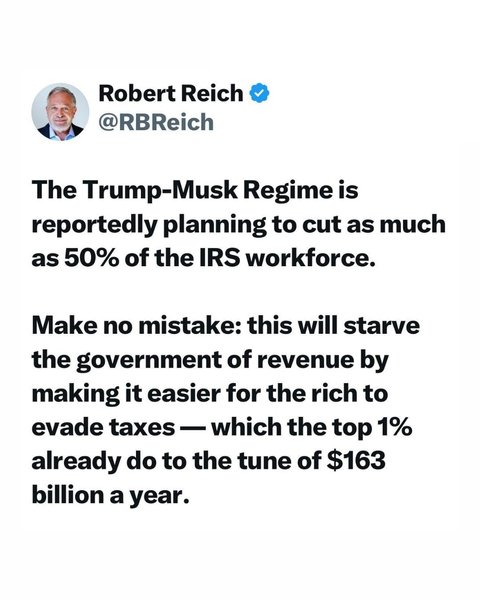Sublime
An inspiration engine for ideas
In the twenty-first century, millions of American workers—most of them with no college education and no union to support them—lacked a political home. Without the alternative of economic populism, Americans were more susceptible to right-wing cultural populism. Eventually, this political void was filled by someone only pretending to be on their
... See moreRobert B. Reich • Coming Up Short
Reagan’s belief in “supply-side economics” overturned the economic justification of the liberal consensus, which was based on the idea that helping poorer people, those on the “demand side,” would expand the economy. Instead, Reagan’s people argued that cutting taxes on wealthier Americans would free up capital for them to reinvest in businesses
... See moreHeather Cox Richardson • Democracy Awakening
The Privatization Of Everything | how America sold itself out
youtube.com
The most talented executives in the world could be attracted to run faltering governments if they could be paid on the basis of results they actually achieve for society. A leader who could significantly boost real income in any leading Western nation could justly be paid far more than Michael Eisner. In a better world, every successful head of
... See moreJames Dale Davidson, Lord William Rees-Mogg • The Sovereign Individual: Mastering the Transition to the Information Age
This book will add one more accusation to the pile: the design of online social spaces has contributed to the atrophy of everyday democratic skills. The diagnosis also bears remedies. More than other explanations of democratic erosion, this account suggests that the future of democracy can begin at the level of ordinary community, wherever we find
... See moreNathan Schneider • Governable Spaces: Democratic Design for Online Life
I Thought I Knew Silicon Valley. I Was Wrong
